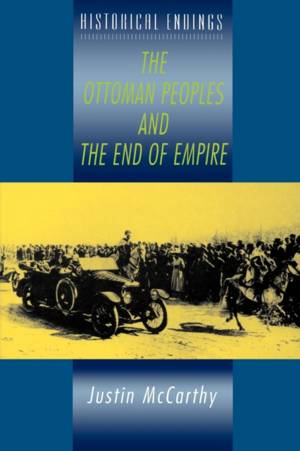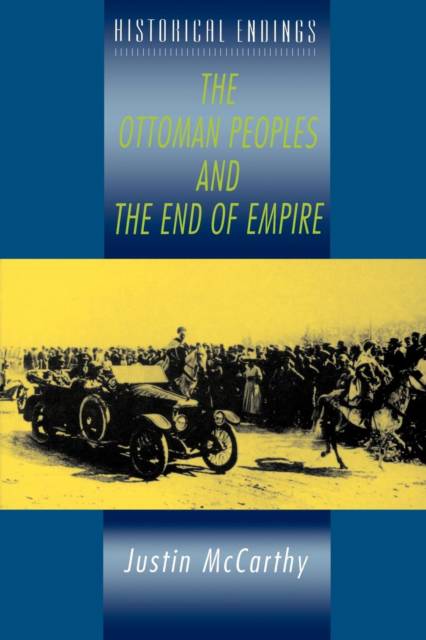
- Retrait gratuit dans votre magasin Club
- 7.000.000 titres dans notre catalogue
- Payer en toute sécurité
- Toujours un magasin près de chez vous
- Retrait gratuit dans votre magasin Club
- 7.000.0000 titres dans notre catalogue
- Payer en toute sécurité
- Toujours un magasin près de chez vous
Description
This book examines the collapse of the Ottoman Empire which changed the lives of Slavs, Turks, Greeks, Arabs, and Armenians. For six centuries the Ottoman Empire united a diverse array of religious and ethnic groups, but its dissolution into distinct states left a tradition of nationalism and ethnic enmity in much of the Balkans and Middle East which directly links to crises in the region today.
The new map of the Balkans and Middle East, which was largely the product of the victorious Allies after Word War I, made little concession to practical concerns such as access to seaports, or the rights of minorities. In particular the majority of the Muslim population of the Ottoman Balkans would never be integrated into the new states as the "national" character of these states depended, in part, on the elimination of what they considered "outsiders". Only the Turkish Republic was able to thwart the plans of the conquerors by defeating military incursion.
Spécifications
Parties prenantes
- Auteur(s) :
- Editeur:
Contenu
- Nombre de pages :
- 248
- Langue:
- Anglais
- Collection :
Caractéristiques
- EAN:
- 9780340706572
- Date de parution :
- 02-02-01
- Format:
- Livre broché
- Format numérique:
- Trade paperback (VS)
- Dimensions :
- 155 mm x 231 mm
- Poids :
- 430 g

Les avis
Nous publions uniquement les avis qui respectent les conditions requises. Consultez nos conditions pour les avis.






